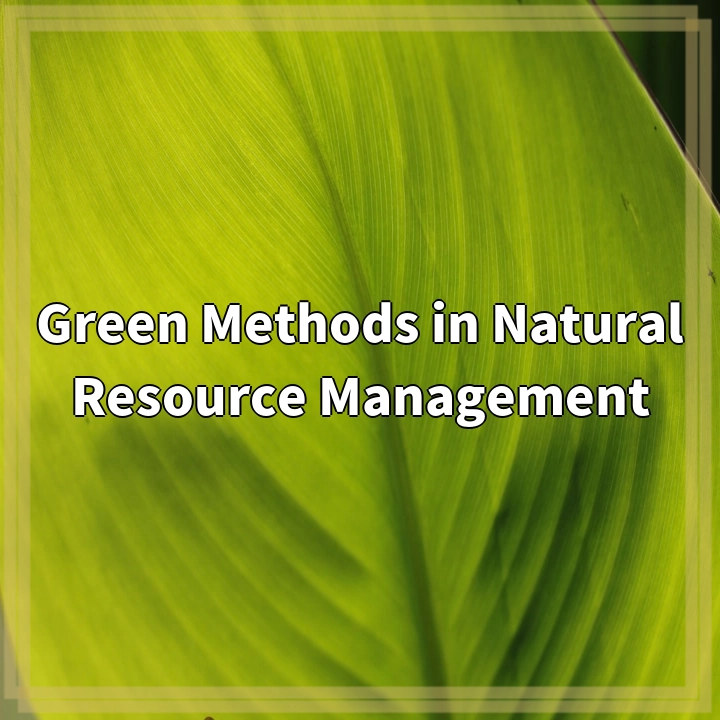
What it is:
Environmental Friendly Techniques in Home Baking
Home baking is a beloved activity for many people, not only providing delicious treats but also offering a creative outlet. However, it’s important to consider the environmental impact of our baking practices. Environmental-friendly techniques in home baking are methods and practices that prioritize sustainability and minimize negative impacts on the planet.
Real-world problems:
1. Energy consumption: Baking at home often requires the use of electricity or gas ovens, which contribute to greenhouse gas emissions. Finding ways to minimize energy consumption during baking can help mitigate the carbon footprint associated with this activity.
2. Waste generation: Baking involves the use of various ingredients and packaging materials, resulting in a significant amount of waste. This includes food scraps, disposable baking pans, plastic wrap, and packaging from store-bought ingredients. Proper waste management and adopting zero-waste practices can address this issue.
3. Ingredient sourcing: The production and transportation of baking ingredients can have environmental implications. For example, buying ingredients that are not sustainably sourced or transported over long distances can contribute to deforestation, habitat destruction, and carbon emissions. Opting for locally sourced and organic ingredients can help reduce these impacts.
4. Water usage: Baking can involve the consumption of significant amounts of water, especially when it comes to washing dishes and utensils. Conserving water and using eco-friendly dishwashing practices can be beneficial for water conservation efforts.
5. Chemical pollution: Some conventional baking ingredients may contain harmful chemical additives or pesticides. Choosing organic and natural ingredients can help minimize exposure to these chemicals and promote a healthier environment.
By addressing these real-world problems, we can ensure that our home baking endeavors contribute to a more sustainable and environmentally friendly lifestyle.

Solutions for Environmental Friendly Techniques in Home Baking:
1. Energy conservation:
– Use energy-efficient appliances or consider alternative baking methods like solar ovens.
– Optimize oven use by baking multiple items at once or sharing oven space with others.
– Take advantage of residual heat by turning off the oven a few minutes before the baking is complete.
2. Waste reduction:
– Reduce food waste by planning recipes carefully and using leftovers creatively.
– Choose reusable baking pans and silicone mats instead of disposables.
– Look for ingredients with minimal packaging or buy in bulk to reduce packaging waste.
– Compost food scraps or use them in other recipes, such as making vegetable stock from vegetable trimmings.
3. Sustainable ingredient choices:
– Opt for locally sourced ingredients to reduce carbon emissions from transportation.
– Choose organic and fair-trade ingredients to support sustainable farming practices.
– Use seasonal fruits and vegetables to minimize the environmental impact of out-of-season produce.
4. Water conservation:
– Wash dishes efficiently by filling up the sink instead of letting the water run continuously.
– Use eco-friendly dishwashing products or make your own using natural ingredients.
– Consider reusing water from rinsing fruits or vegetables for watering plants.
5. Healthy ingredient alternatives:
– Choose natural food coloring options like beet juice or spirulina instead of artificial dyes.
– Substitute processed and unhealthy additives with natural alternatives like honey or maple syrup.
– Explore gluten-free or plant-based recipes to cater to different dietary needs without compromising taste.
By adopting these solutions, we can engage in home baking activities that not only satisfy our taste buds but also contribute to a healthier and more sustainable planet.















